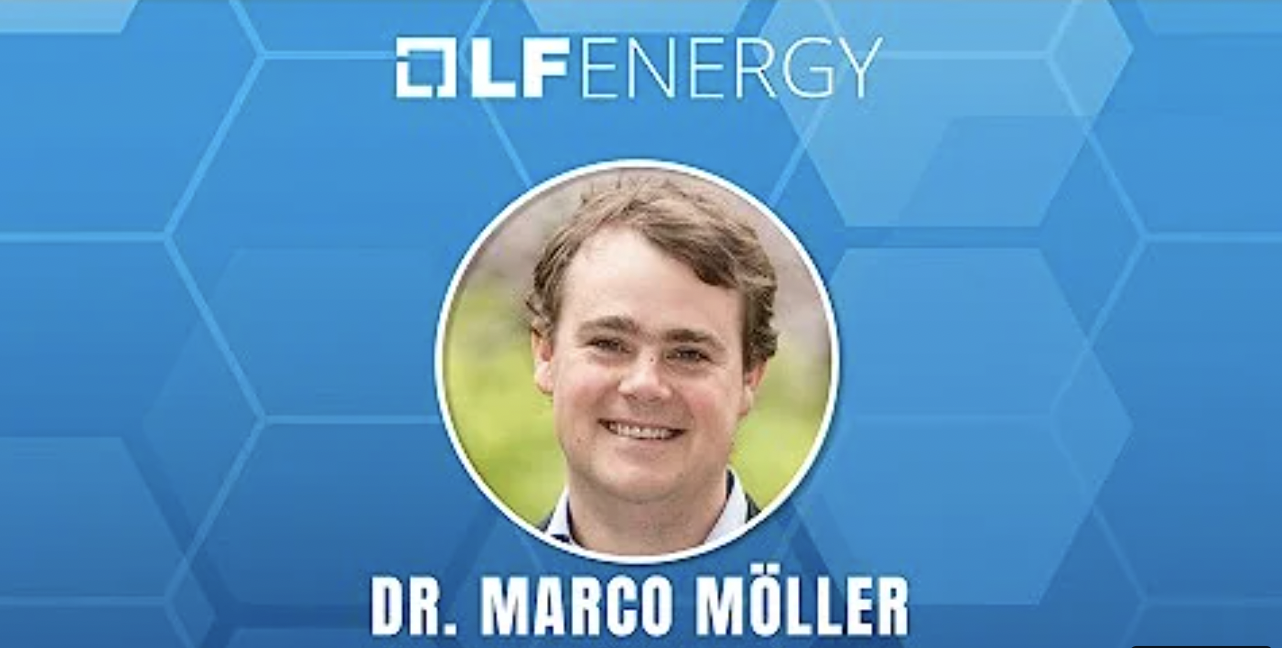Supporting EVs with Charging Stations that Work
The worst thing about driving an electric car is finding a charging station when you need it — and then having it actually work.
Guest: Dr. Marco Moller
Electricity is electricity and it shouldn’t be this hard. But EV charging technologies are all developed by different companies, all of whom create software on their own and interpret the standards differently.
The primary goal of the EVerest open source project, just donated to LF Energy, is to develop and maintain an open source software stack for EV charging infrastructure so that charging stations can be more easily, quickly and painlessly deployed—and actually do the job at hand: charge EVs. Growth of EVs are critical to helping arrest climate change by reducing reliance on gas-powered vehicles.
Fully open source, the EVerest software stack can be integrated into any box, and run on any device from AC home chargers to public DC charging stations. It unifies EV charging infrastructure and addresses the incompatibility between different charging systems.
The standards to push EVs forward are there, the need is there, the desire is there, but the solutions are “all so cluttered and so incompatible,” says Marco Moller, CEO of PIONIX GmbH, which donated the project. “Software tech like EVerest can boost a lot of these (energy transition) changes by five years. Climate change is all about timing. So I think it can have a big impact.”
To learn more about the EVerest project, visit them on GitHub here.
